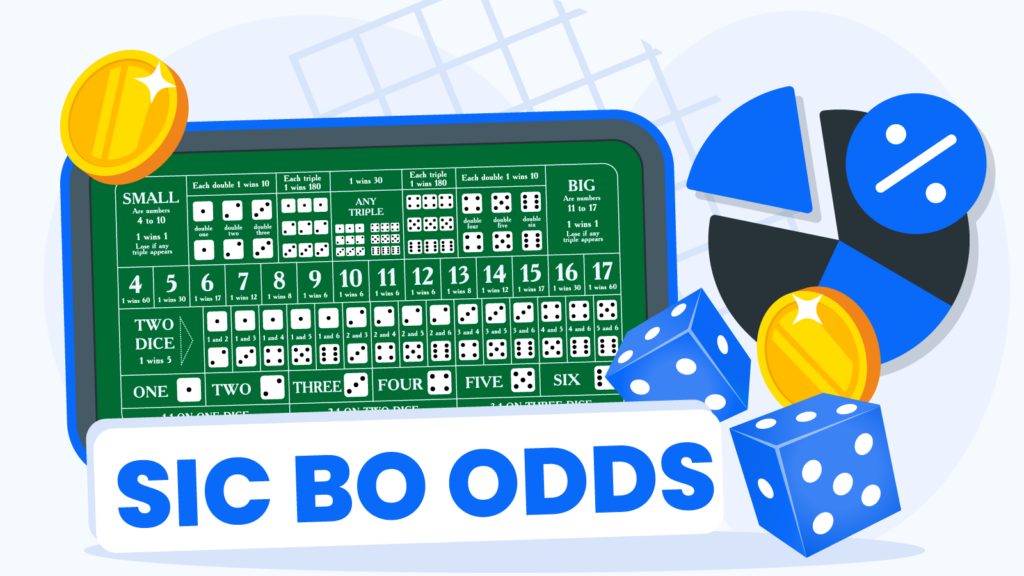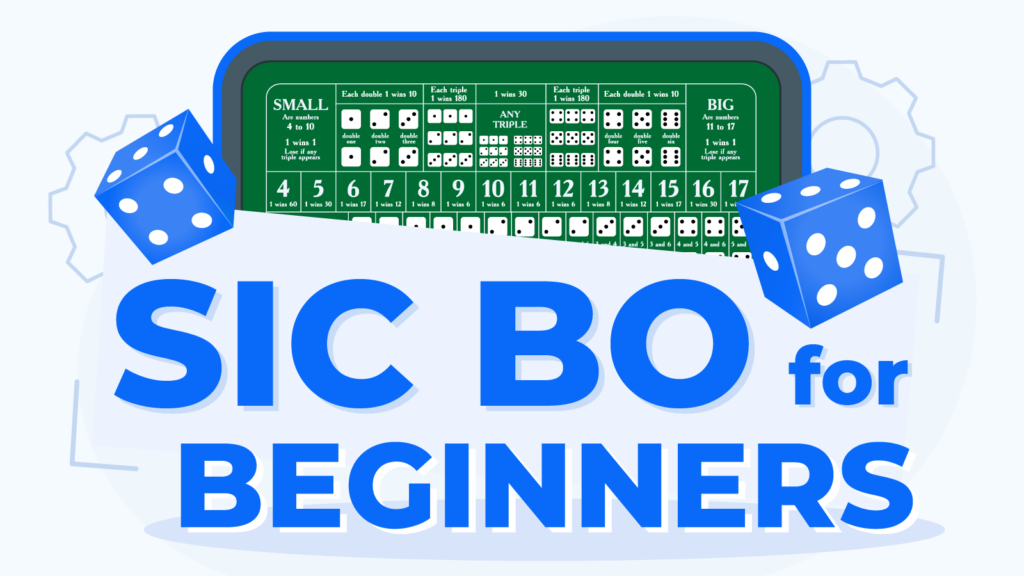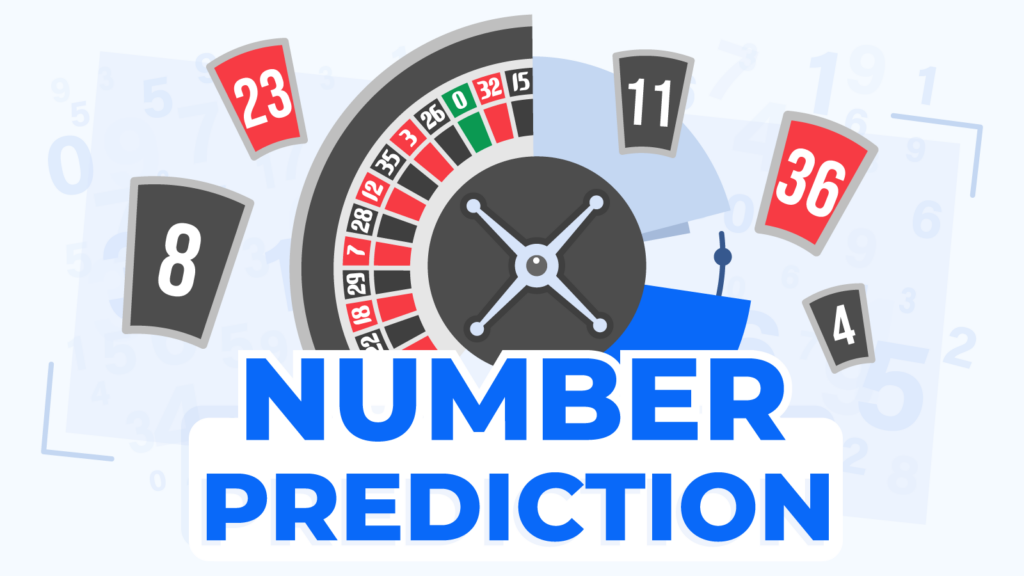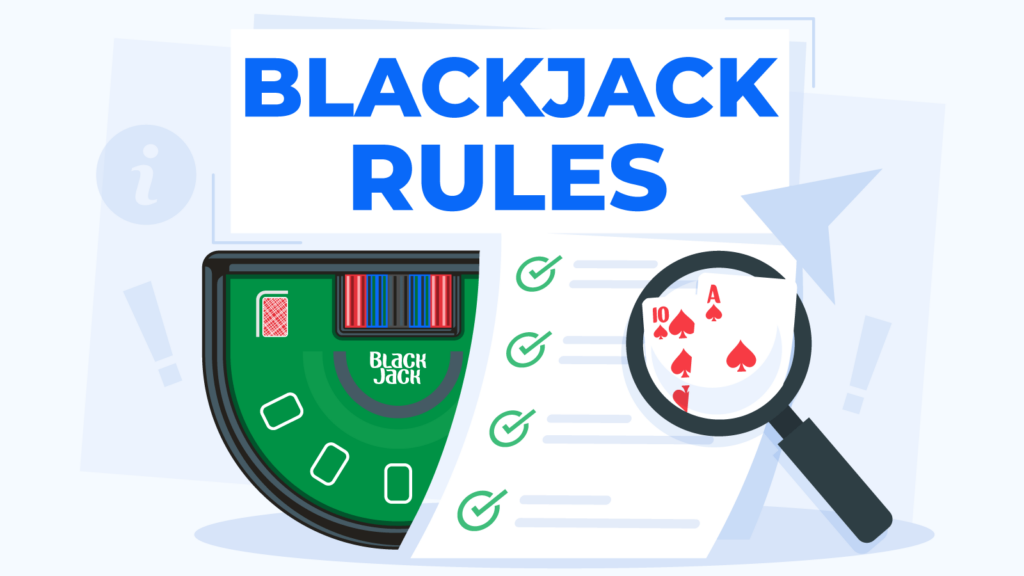
How To Play Blackjack | Explained By Experts
All the information in this page was checked by:
Every piece of information we present is rigorously verified by our team of experts using multiple credible sources, ensuring the highest level of accuracy and reliability.
We have paid partnerships with the online casino operators featured on our site. We may also earn commissions when users click on certain links. However, these partnerships do not affect our reviews, recommendations, or analysis. We remain impartial and committed to delivering unbiased gambling content. For more details, visit our Advertiser Disclosure page.
Hit, stand, double, split – Blackjack rules sound complex but take only 5 minutes to learn. Dive into CasinoAlpha’s ultimate guide where strategy meets expertise. We break down the game’s essential rules, unravel the flow of each round, and dispel common myths. Master Blackjack today and transform every hand into a triumph with CasinoAlpha by your side!
- Understanding the Goal of Blackjack
- Blackjack Card Values Explained
- Stages of a Blackjack Round: From Shuffle to Deal
- Mastering Your Options: Hit, Stand, or Double Down
- Key Takeaways: Mastering Blackjack
Understanding the Goal of Blackjack
The primary aim in Blackjack is to obtain a better hand than the dealer through your actions. All players make their entry at the table with an initial wager. Your bet is declared a winner if your cards’ total value is higher than theirs. Still, when your hand goes over 21, you go ’bust’, and your wager is lost.
The Basics of Blackjack
The basic requirements for a Blackjack game are:
- A standard 52-card pack, or up to 8
- A dealer
- At least 2 players, usually up to 7
The rules are different for each of its many versions. Examples include Spanish 21, Switch, Free Bet Blackjack and Super Fun 21, to name a few. Blackjack payout odds also vary with each variant. Each comes with its peculiarities, but game rounds flow almost in the same way. Depending on the Blackjack rules accepted in top online casinos UK, the house edge ranges from 0.28% to 0.5%. However, the minimal house edge on online casinos can be achieved with a mathematically perfect strategy.
Blackjack as a card game
The game of 21 is one of the most attractive card games for a reason. Anyone can learn the simple Blackjack rules, apply basic strategy and play for fun. You don’t need a trip to the casino to put your skills to the test. Blackjack can be played as a card game with your family and friends at home.
Blackjack home rules
The rules of Blackjack are slightly different outside casinos. Obviously, at home, you don’t have a permanent dealer. All players take turns being the dealer. Moreover, you can customize your sessions with alternative rules like resplitting, surrendering, dealer peeks and so on. Besides the fun, practising with your friends will train your eye for the game’s subtleties. You can try various strategies and see what works best. When you’re confident in knowing the basic Blackjack rules and ready to play for real, you may claim a bonus and wager on licensed Blackjack sites.
Blackjack Card Values Explained
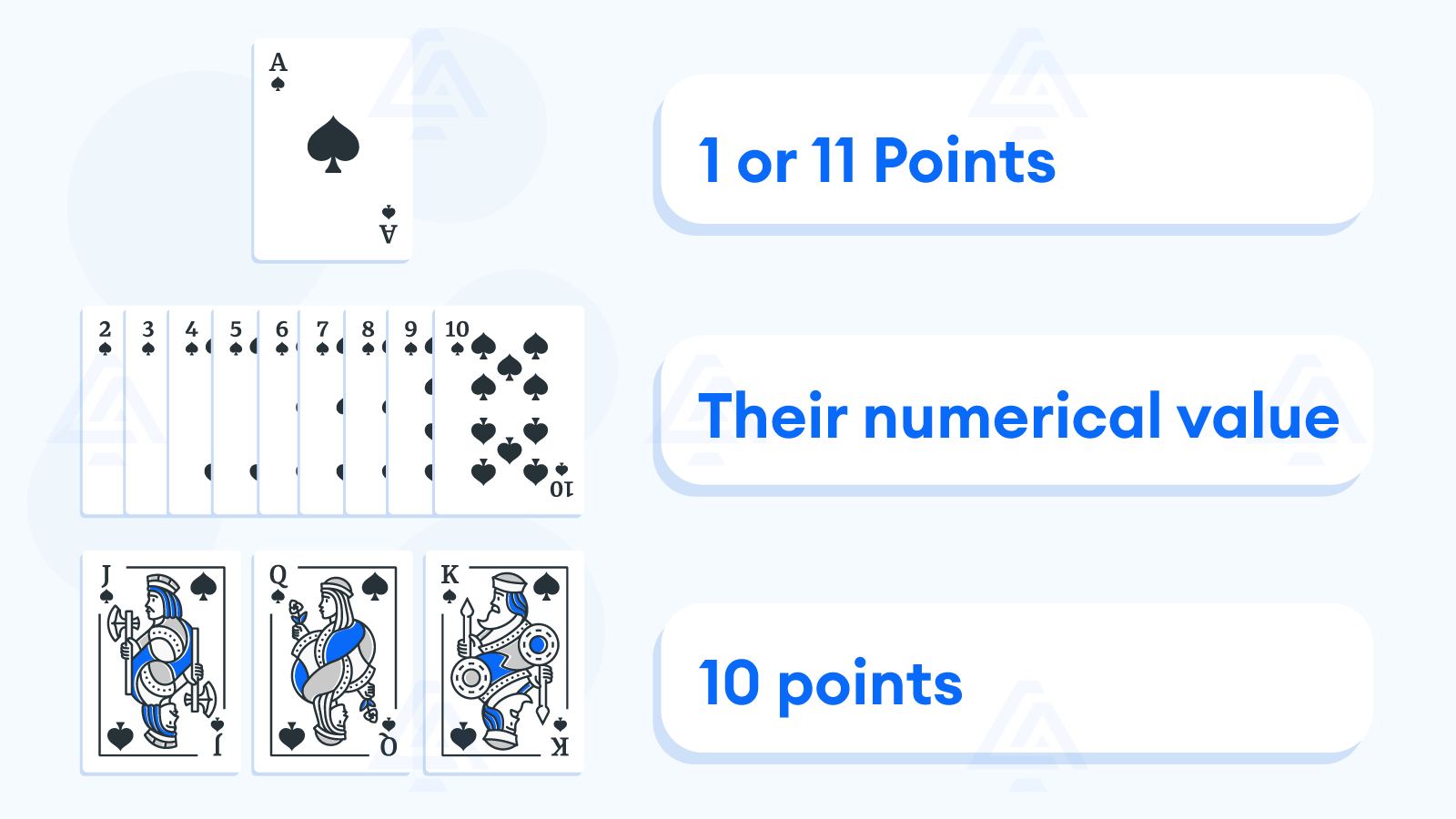
| Card | Value |
|---|---|
| Ace | 1 or 11 points |
| 2-10 | Their numerical value |
| Jack | 10 points |
| Queen | 10 points |
| King | 10 points |
An example will make card values easier to grasp. Example If you get points below 21 but you’re still higher than the dealer, or your cards total precisely 21, your bet is a winner. The exception is when they have a Blackjack hand as well. If that happens, your stake is returned. However, in Spanish 21, you win with a 21 points hand even if the dealer has one.
Stages of a Blackjack Round: From Shuffle to Deal
To succeed at this game, you have to wisely choose your bets and actions, pondering all possible outcomes. A good grasp of the Blackjack rules will help you overcome the casinos’ built-in advantage. Master the game with our short guide. We’ll walk you through all the stages of a round and pinpoint the simple Blackjack rules in the process.
The Initial Deal
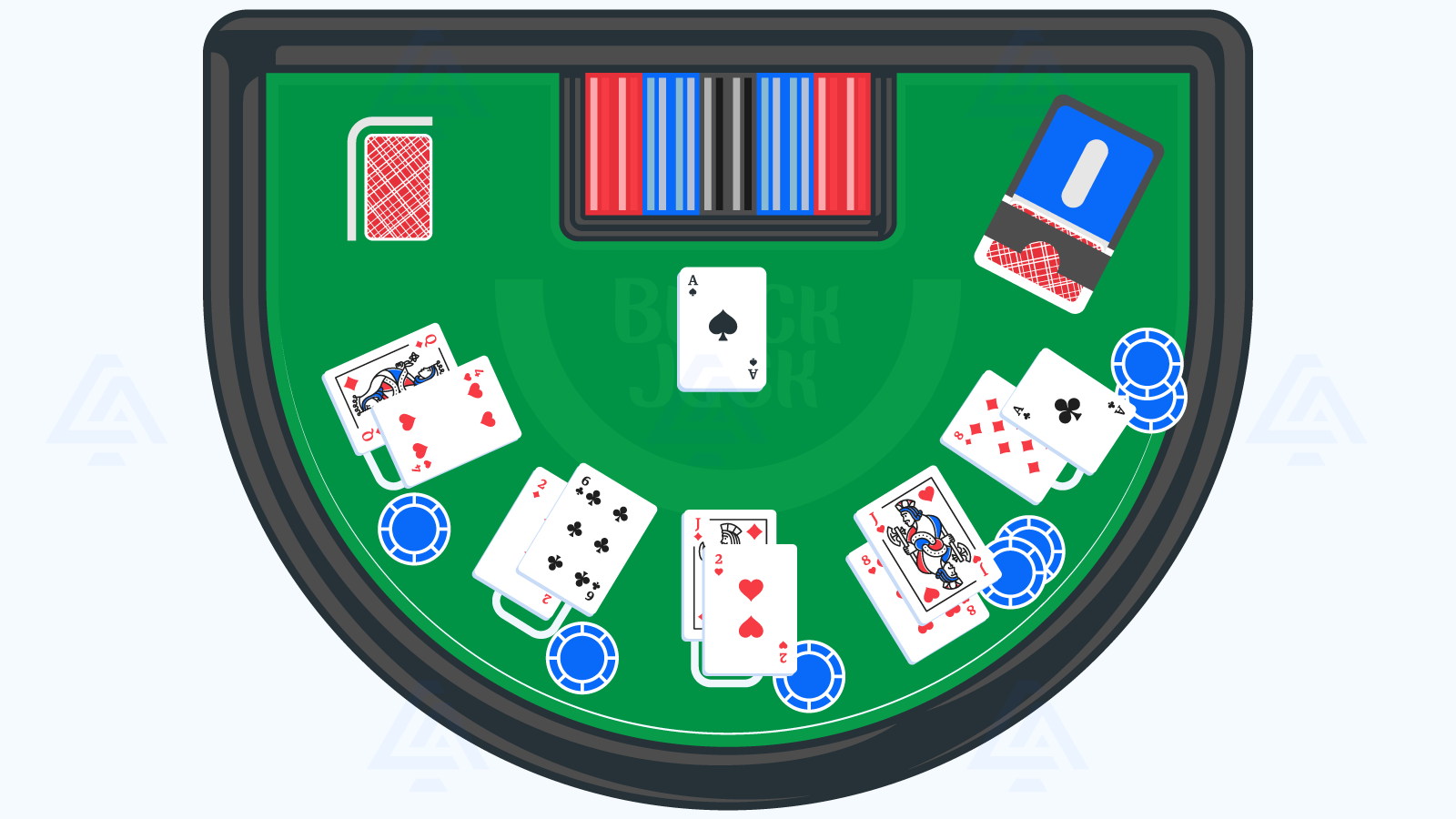
Player Action: Which way to go?
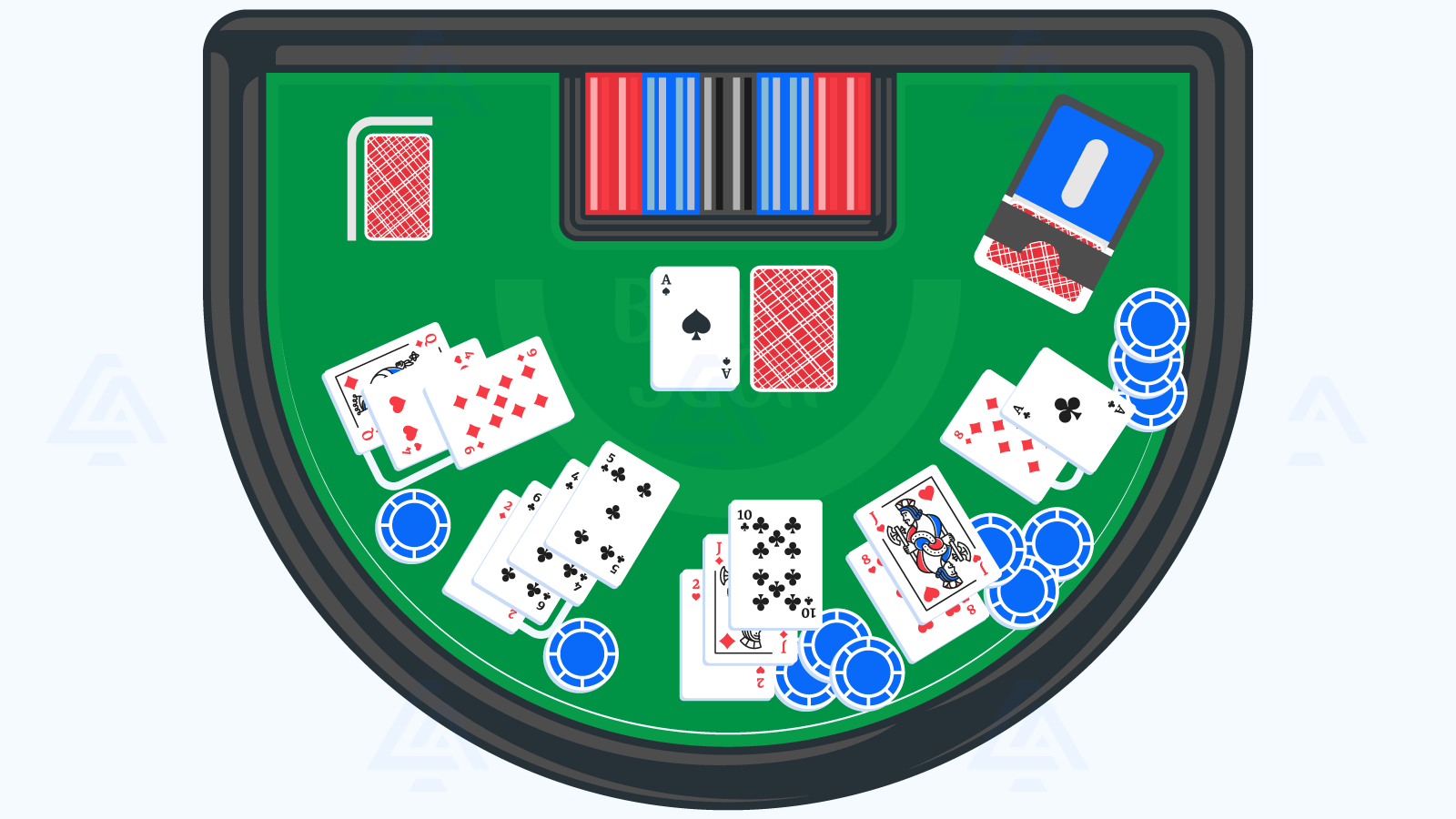
Dealer Action: Closing bets
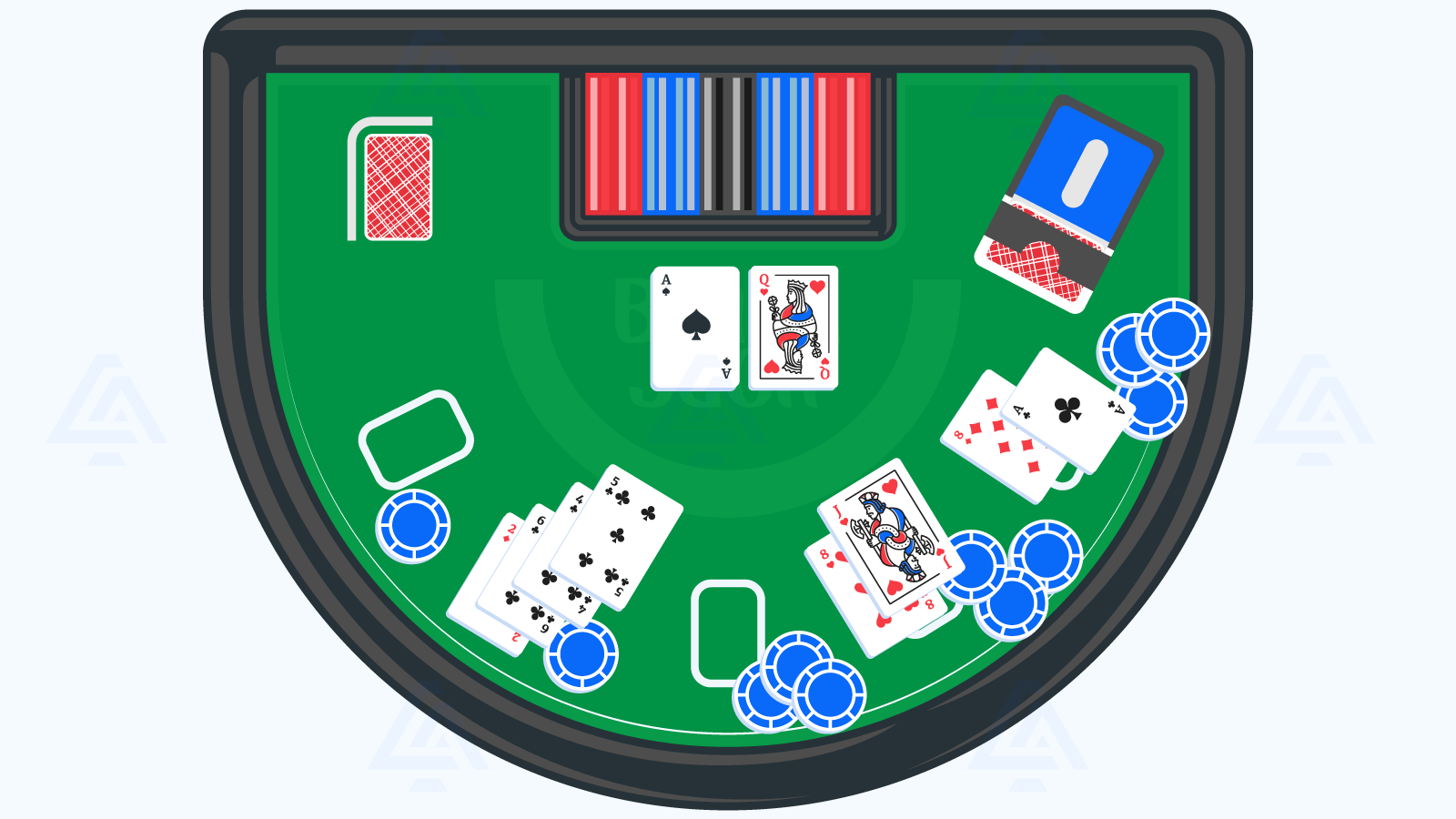
Bets settle
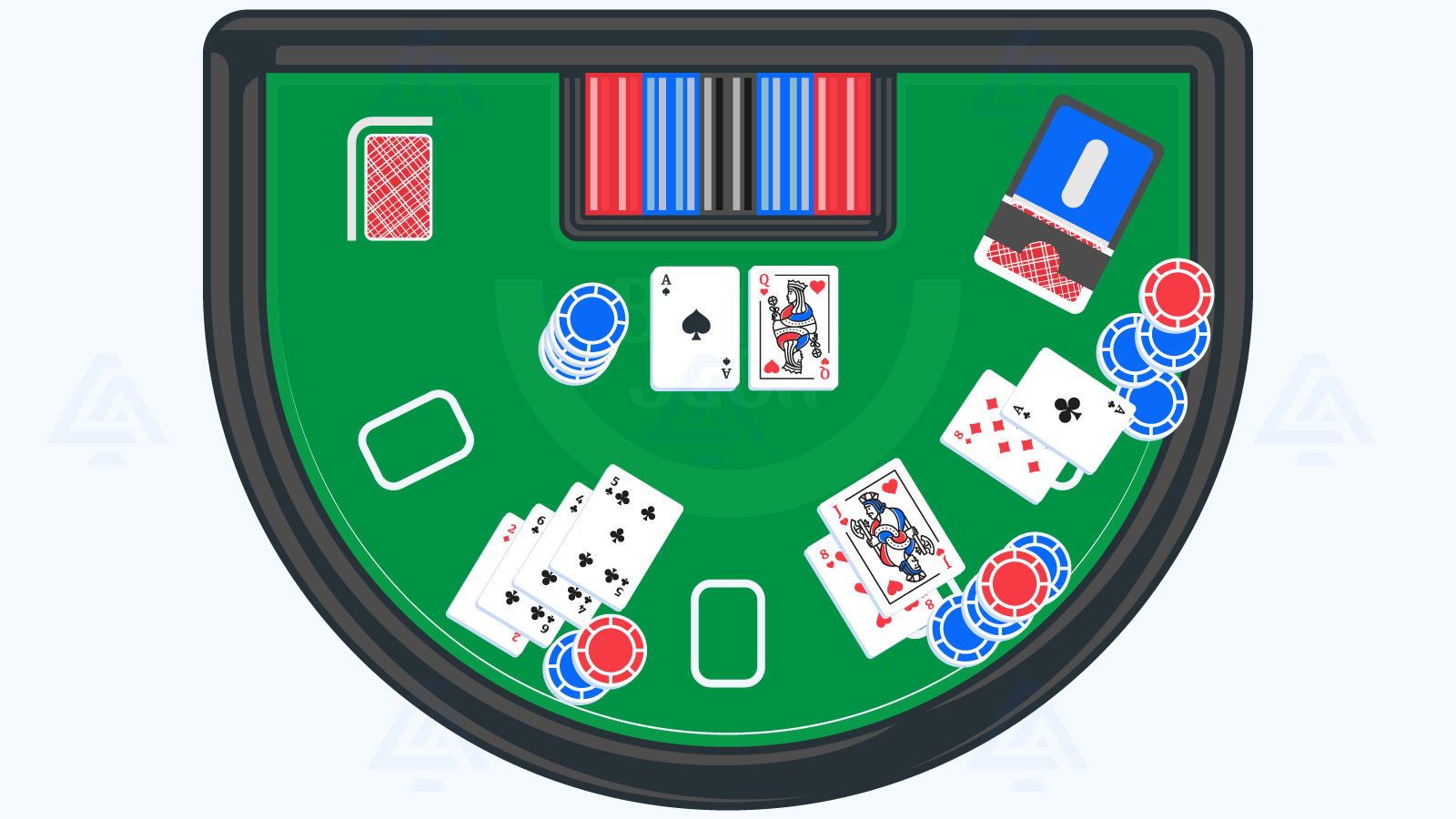
Mastering Your Options: Hit, Stand, or Double Down
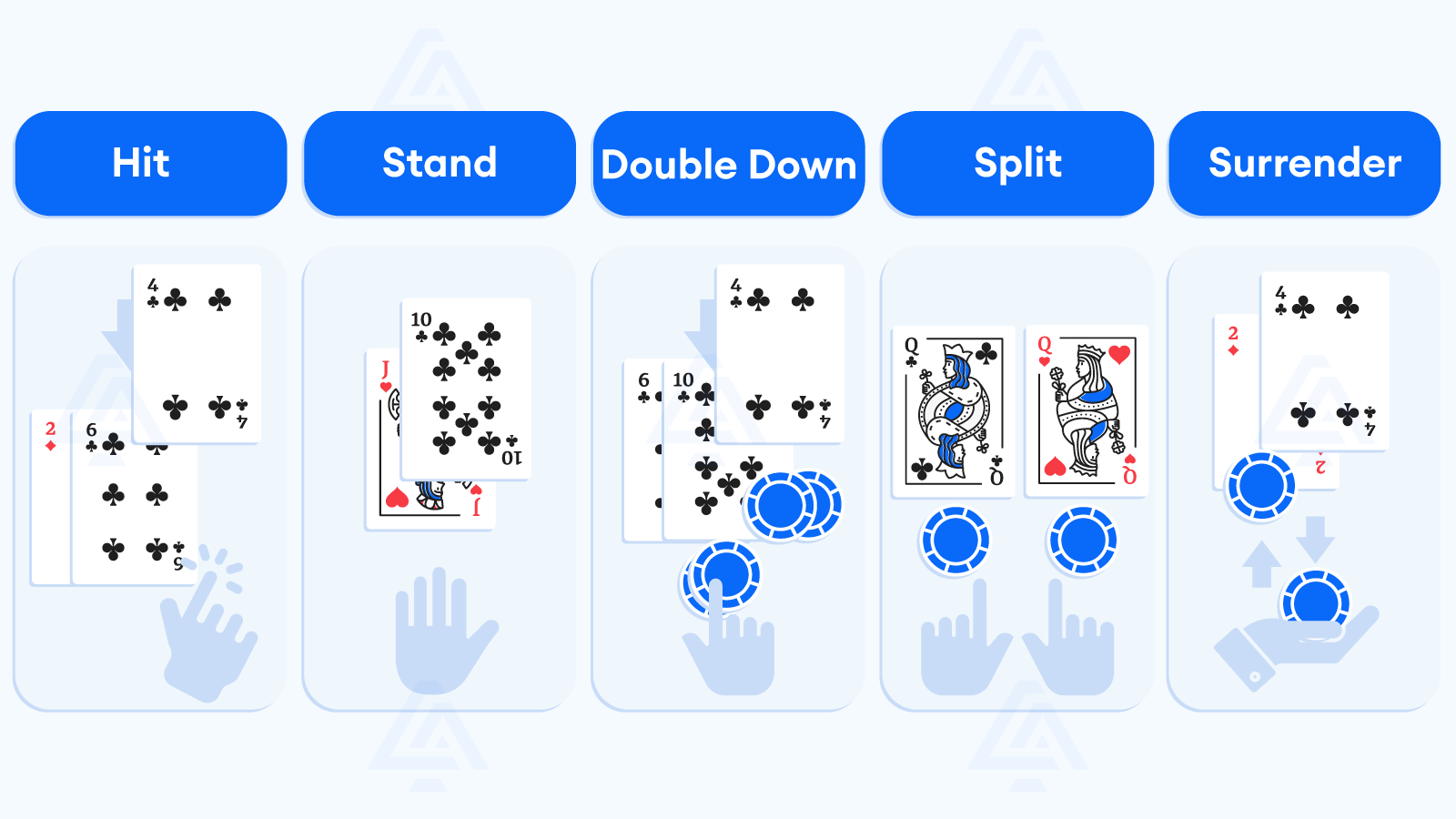
-
Hit
Hitting means you’ve analyzed your hand and concluded that it is weak. In other words, your total points are too low. Therefore, you ask to be dealt another card. In land-based casinos, this is done by tapping on the table. If you play online, you’ll have a dedicated button on-screen for this action. You may ask for any number of cards. There is no limit specified in the rules of Blackjack. Your only care is not to bust. With some Blackjack rules, if the dealer’s up-facing card is an Ace, you are offered a special side bet called the insurance in Blackjack. It’s insurance against the probability that the dealer’s hand may be a ‘Blackjack’. You’re allowed to stake half of your main bet, and it pays out at 2/1 odds.
-
Stand
When you’re happy with your points, it means you don’t need any more cards from the dealer. That’s called ’standing’ in Blackjack terminology. You ought to stand in certain situations to prevent busting. The best example is when you feel the dealer himself may bust.
-
Double Down
Doubling down comes to your aid when you’re confident that your hand is better than the dealers. In a nutshell, you get to place an additional wager of the same value as your first bet and receive one extra card. You may double down only after you’ve received your initial 2 cards. Doubling down shouldn’t be mistaken for the Martingale Blackjack strategy. In Martingale, you double your stake after every loss. Doubling down as a Blackjack player action is an option you may use only after you are dealt your initial cards.
-
Split
Splitting allows you to make 2 hands when you are dealt a pair of cards. If you’re dealt a strong pair of 10-valued cards, say a double Jack, it’s best to split it into two hands when your turn comes. You redirect your initial stake to one of the newly created hands and place an equal wager on the other to perform this operation. From that turn onwards, a player who uses this option is treated as if they were 2 individuals. They must stand or hit for each hand separately, from left to right. The wagers on each hand are also settled independently. Alternative Blackjack rules allow resplitting – further splitting a pair of cards until you have up to 4 hands. Some even enable unlimited resplitting!
Splitting example
Let’s say you are dealt a double 10 and choose to split. You hit one more time for each card, and you are dealt a Jack on the left hand and a 4 on the right. Suppose you hit one more time and get a 3 to the left and 6 to the right. In that case, your left hand is bust since you’ve gone over 21, but you may still win with your other hand.
-
Surrender
Surrendering is an optional Blackjack rule that allows you to fold your hand and forfeit half of your stake. Chances are you’ll be dealt very poor cards at some point, and this rule may come in handy. For example, you get a 2 and a 3, an awful hand. When you surrender, you get half of your stake back and skip the current round. Maybe next time you’ll get better cards.
Key Takeaways: Mastering Blackjack
- The aim in Blackjack is to have more points than the dealer without exceeding 21.
- Anyone can learn the simple rules of Blackjack and play this card game at home.
- Each player enters the round by placing a wager.
- Once the bets are accepted, each player is dealt 2 cards.
- The dealer keeps one of his cards at view; the other – the hole card – is kept face-down.
- A player can choose whether they stand, hit, double down, split or surrender.
- Hitting at the wrong time will lead to a bust hand and a lost wager.
- Splitting is useful when you have 2 cards of the same type.
- Doubling down is recommended when you have a strong hand.
- Bets are settled by comparing the total card value of each player with the dealer’s.
- In case the dealer busts but no players do, all players’ wagers are winners.
Now that you know the ropes of Blackjack, you may start building your own strategy. Put this newly achieved knowledge into practice. Register at one of CasinoAlpha’s expert-rated casinos and reap the fruits of your study.




